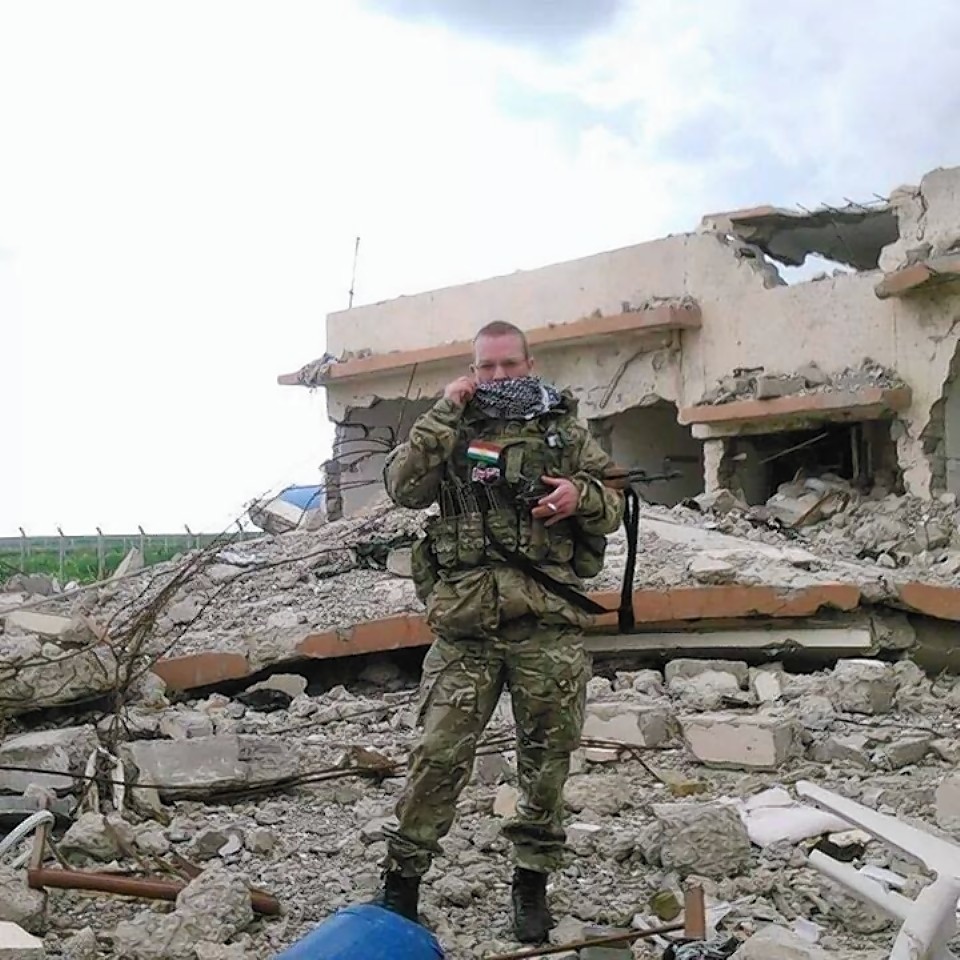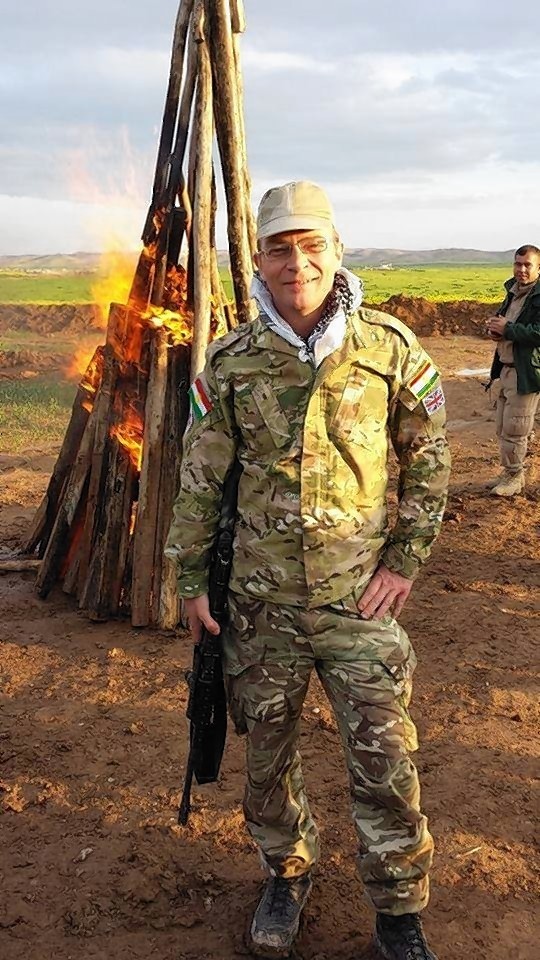Alan Duncan said he had been “moved to tears” after seeing thousands of refugees left homeless following an IS slaughter last year.
He said it was the sight of so many children struggling to survive after the attack on the Yazidi people that fortified his resolve to fight the Jihadis.
Mr Duncan said: “I am looking at all these kids and they could be any of our kids. I was moved to tears. I am not PC and I am pretty tough, but this got me.”
Mr Duncan saw the camps after the attack on Shingal Mountain, where around 40,000 Yazidis were driven in early August last year after their home city Sinjar, in the north of Iraq, fell to IS.
Meet the man who left Scotland to fight for the Kurds in Iraq
A massacre followed with women sold into slavery and others forced to convert to Islam, it was reported. Some are said to be buried in the foothills.
Thousands fled into Iraqi Kurdistan as refugees and huge numbers of people remain in the camps.
Many Yazidi men trained have since trained with the Peshmerga and the Syrian People’s Protection Units (YPG) and quickly formed brigades to defend the area.
Mr Duncan added: “The Kurds are basically fighting the war for the west. They will fight it for them but Britain must give them the weapons to do it.”
The former British Army soldier said he was self-funding his trip to fight IS but he also raised money on an on-line campaign to buy military kit.
He said night-vision goggles and clothing were particularly sought after.
While his accommodation was covered on arrival by fellow fighters, he said he received no payment for volunteering to fight.
He said he had met Jamie Read, of Newmains, North Lanarkshire, and James Hughes -both in their twenties – who joined Peshmerga forces earlier this year. It is understood they have now left the country.
Dozens of foreign fighters are now thought to have arrived in Kurdistan to fight IS although Mr Duncan believes he was one of the first westeners to volunteer.
The Peshmerga have proved crucial in the fight against IS after the militants moved east from Syria to take parts of Iraq last June.
As the Iraqi army retreated, the Peshmerga battled back. While Isis went on to gain ground in the Kurdish region, most of this has been taken back by the Peshmerga.
“There is no doubt about it, the Daesh (IS) is a weakened force,” Mr Duncan added.
Both the Home Office and Police Scotland have advised against UK nationals travelling abroad to fight either side in the conflict.
A spokesman for the Home OFfice said last night: “Those who travel abroad in order to participate in conflicts may be committing offences. Whether this is the case will depend on the circumstances and nature of the individual’s activity.”
A spokesman for Police Scotland added: “We would advise anyone intending on travelling to the conflict zone not to do so; there are various ways of supporting efforts against terrorism rather than becoming engaged directly in the conflict.”

